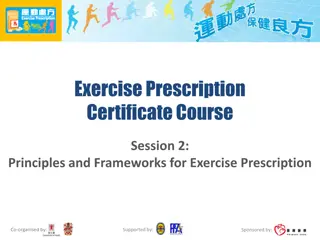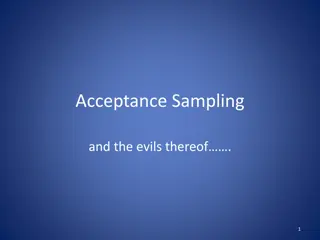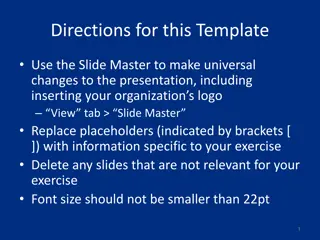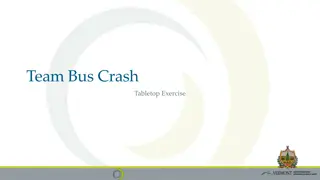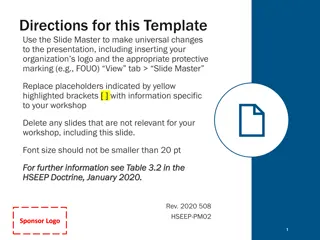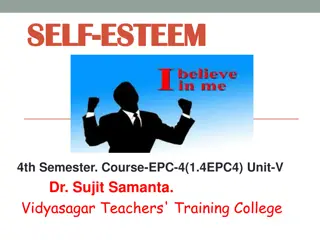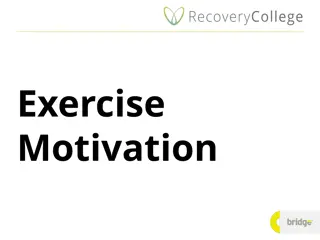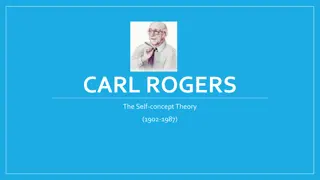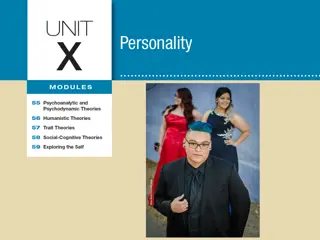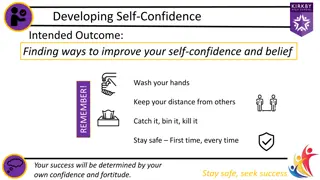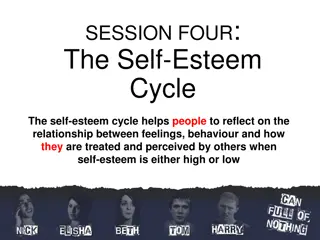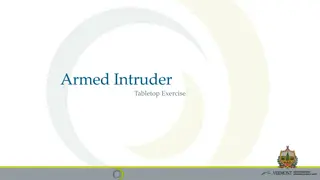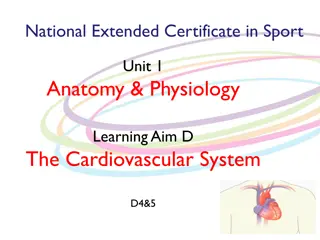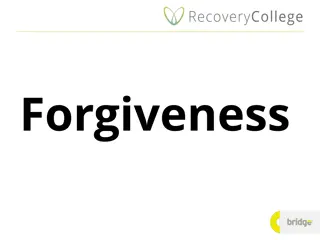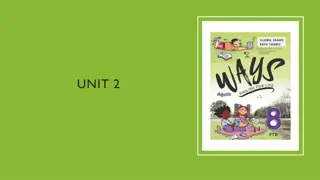Understanding Self-Acceptance Through the Big I, Little i Exercise
Explore the concept of self-acceptance through the Big I, Little i exercise. Discover how the Big I represents your totality, while the little i symbolizes various aspects of yourself. Reflect on your positive, negative, and neutral traits with guidance on filling in the Big I to gain a deeper understanding of self-acceptance. Embrace all facets of your being to cultivate a sense of wholeness and acceptance.
Download Presentation

Please find below an Image/Link to download the presentation.
The content on the website is provided AS IS for your information and personal use only. It may not be sold, licensed, or shared on other websites without obtaining consent from the author. Download presentation by click this link. If you encounter any issues during the download, it is possible that the publisher has removed the file from their server.
E N D
Presentation Transcript
Big I, Little i exercise The self is too complex to be globally rated.
Big I, Little i exercise Self-acceptance, the individual fully and unconditionally accepts him or herself whether or not he/she behaves intelligently, correctly, or competently and whether or not other people approve, respect, or love him/her. Put simply it means, accepting yourself with warts and all. The Big I, little i technique was developed by Arnold Lazarus (1977) based on the concept of the egoless state. The Big I represents you, your totality. And the little i s, stand for various things about you, such as the way you smile, the kind of TV programmes you like and so on. The secret of self-acceptance is to stop seeing ourselves as a single entity. We are made up of hundreds of components parts.
Big I, Little i exercise This Big I represents you in your totality However, we are made of hundreds of i s
Big I, Little i exercise Instructions: Fill in this big I with a few things about you. Consider the following questions: What would your family and friends say were some of your good points? What negative things would they say about you? Now, what about any neutral or indifferent things about yourself?






